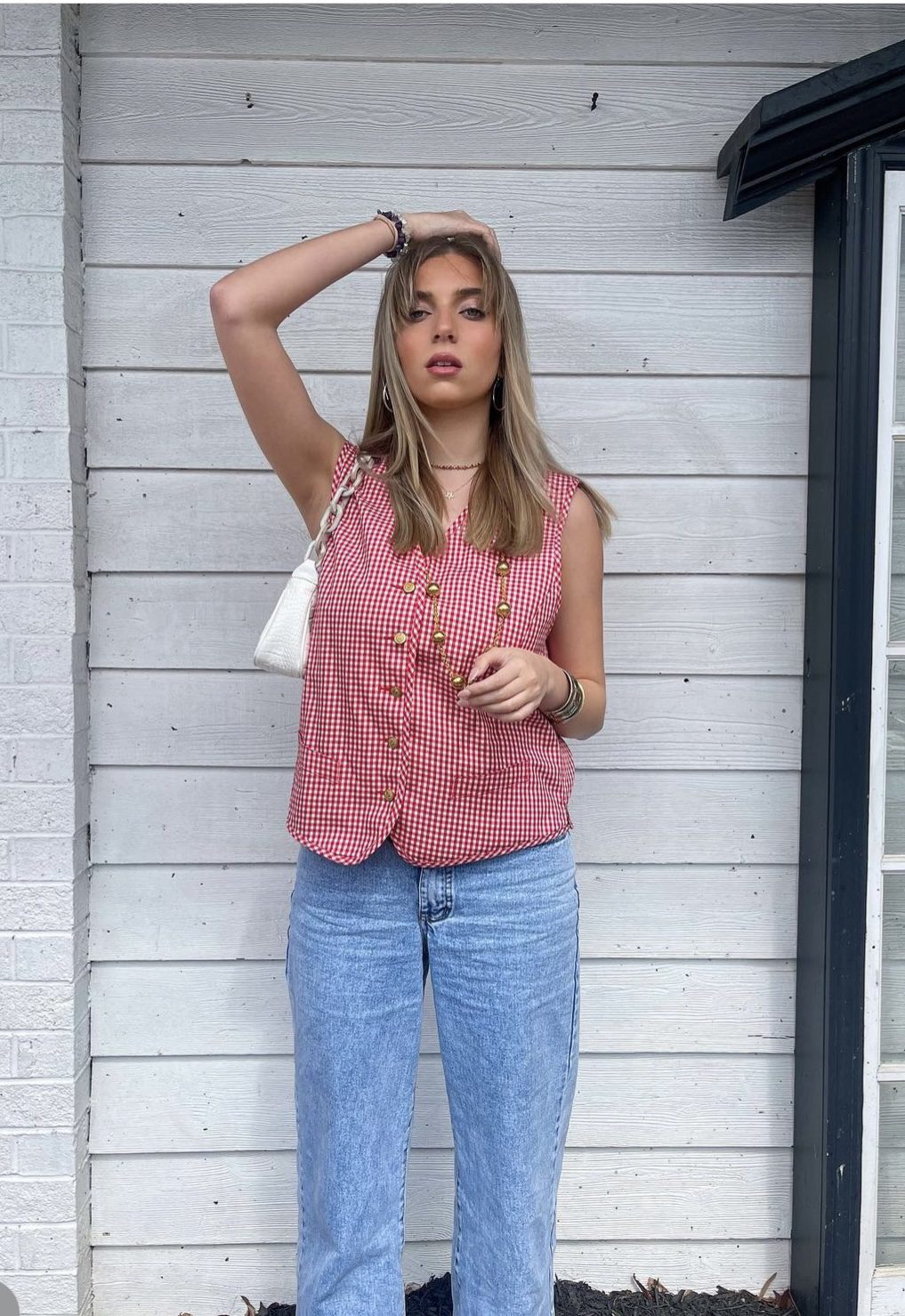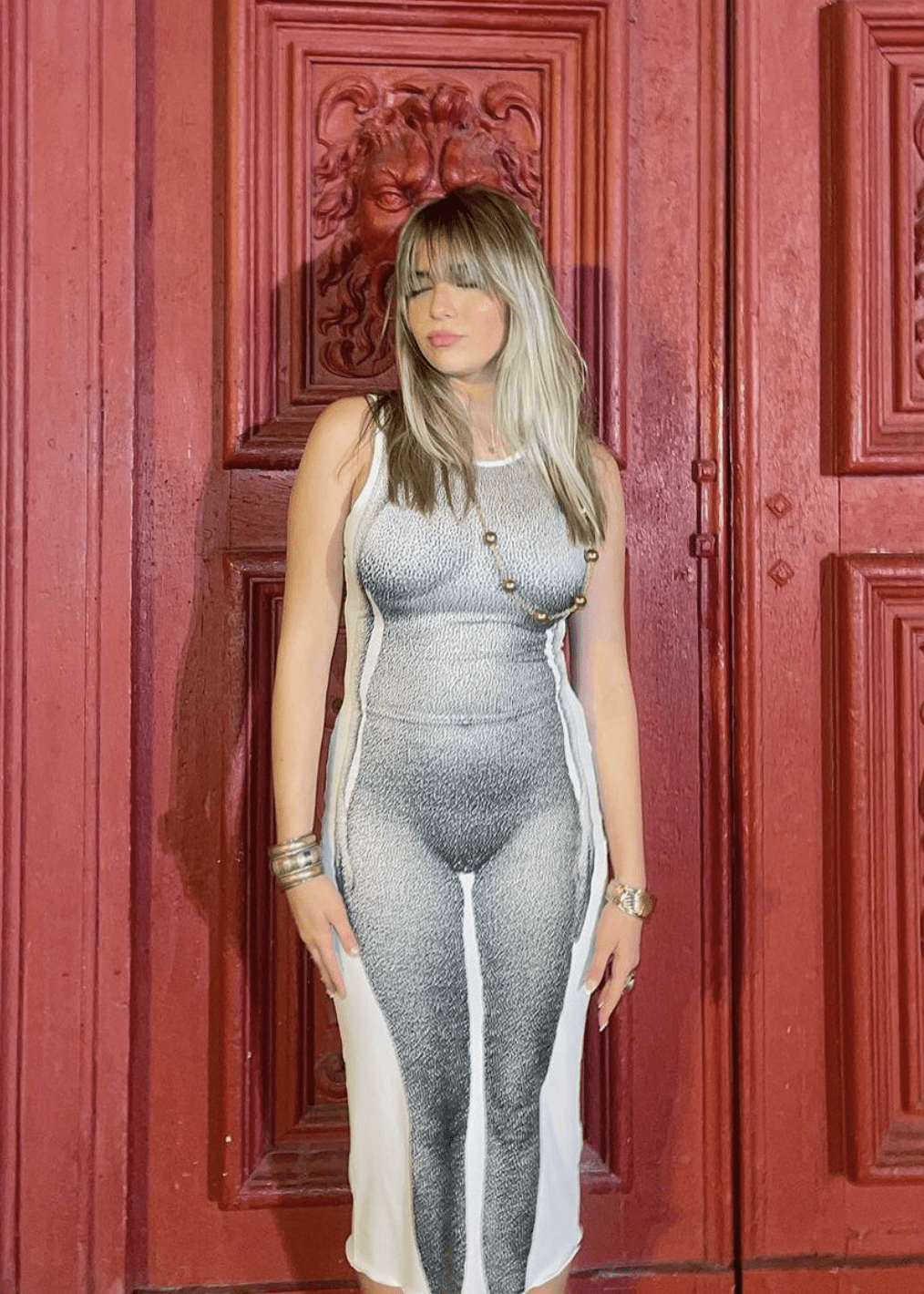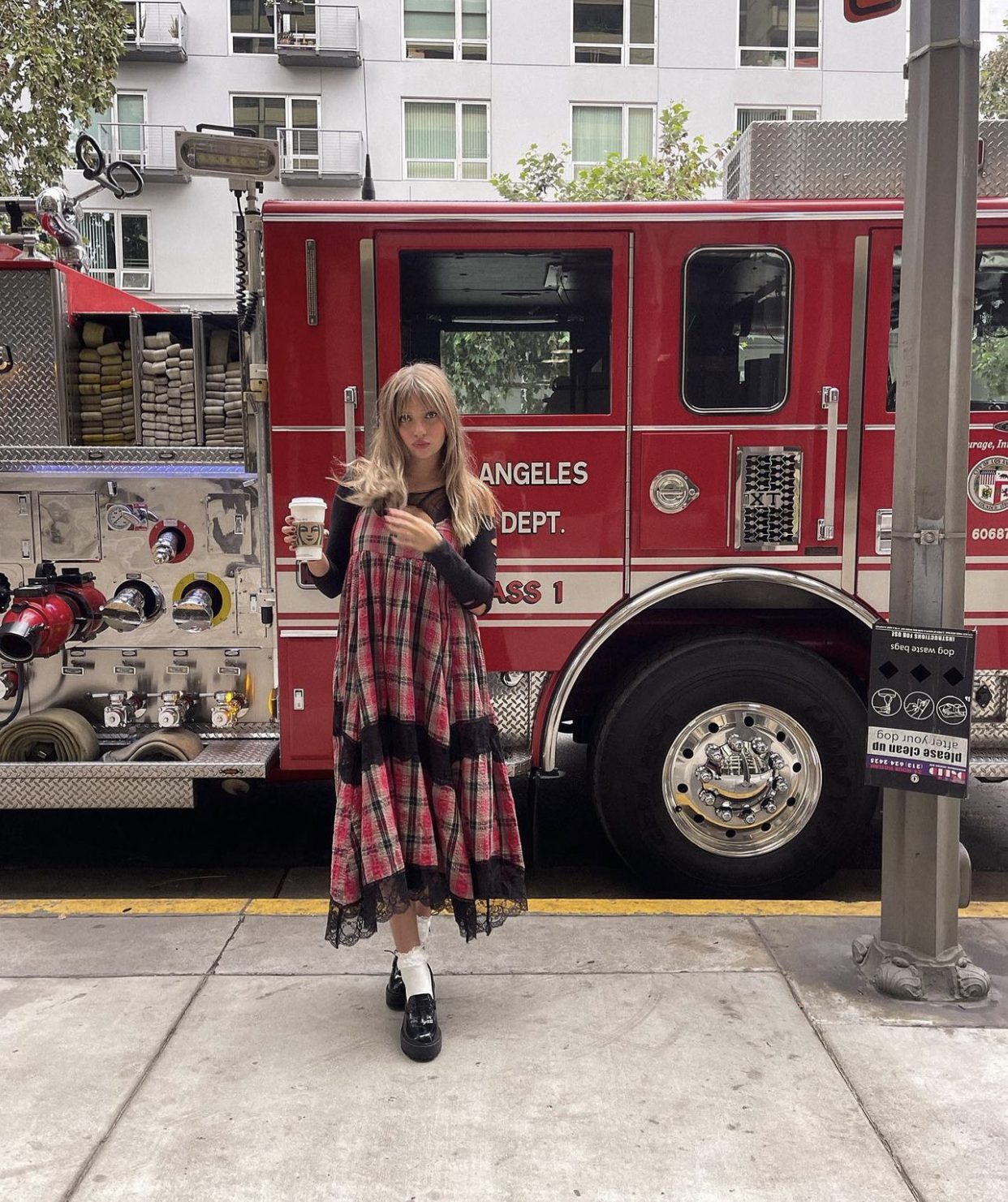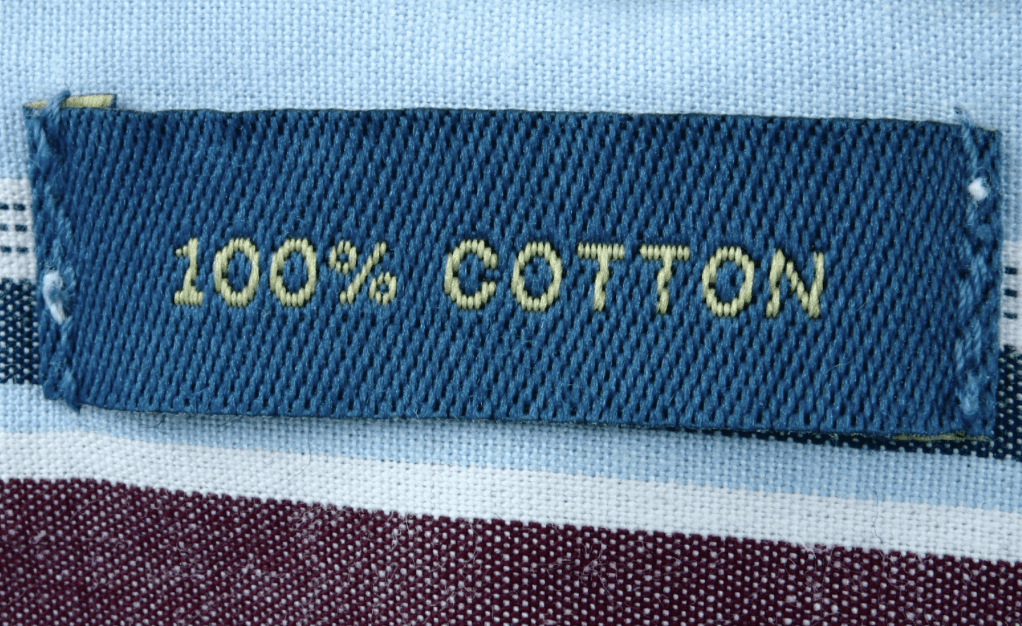NO! Halara is fast fashion. As a matter of fact, I’d go so far to say Halara is Shein’s younger “Mean Girl” sibling. Halara is definitely more expensive than Shein – probably priced so you don’t think it’s fast fashion – but it is what it is.
Halara, like Shein, grew thanks to its popularity on TikTok & YouTube. Founded in 2020 by the Hong Kong entrepreneur Joyce Zhang, Halara quickly made its mark with its trendy, activewear designs, boasting an impressive range of products in a kaleidoscope of colors and inclusive sizes. Their real success came from mastering the social media game, racking up over 10 billion views on TikTok and another 50 million on YouTube.
But when we peel back the layers of this rapidly growing brand, it gets depressing, because they are doing all the same things as Shein – not sustainable, not quality, and just as Shein, they are also being accused of outright stealing designs.
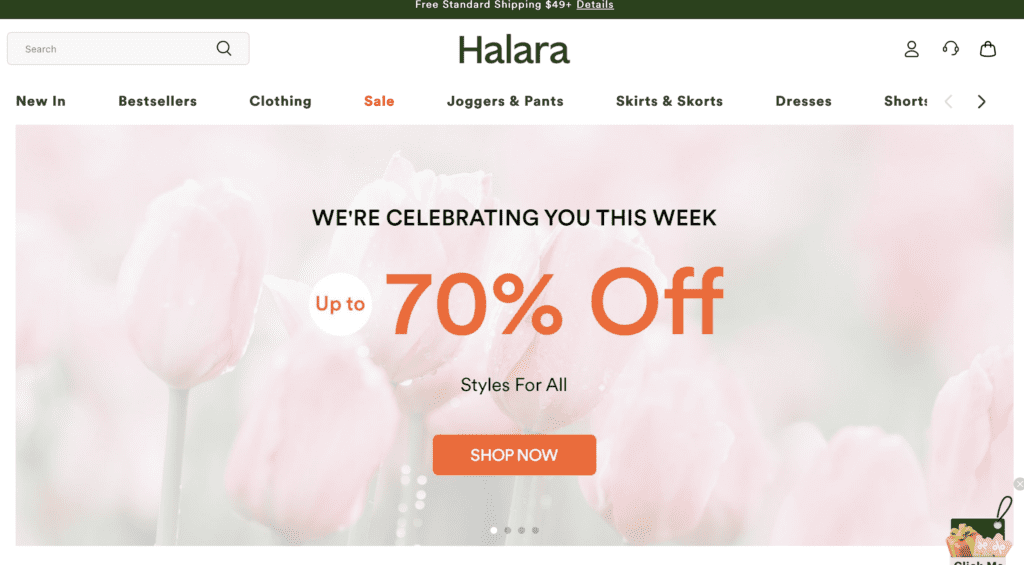
Halara’s Journey
The brand, while young, has garnered a cult following, thanks to its strong social media presence and influencer collaborations. Rated as “Not Good Enough” by Good on You, the brand’s sustainability credentials are, frankly, underwhelming.
Their reliance on synthetic fabrics such as polyester, spandex, and nylon is a point of contention. While these materials lend durability to activewear, their environmental footprint is hefty, casting a long shadow over Halara’s green claims.
Transparency: The Missing Thread
Sustainability isn’t just about the materials; it’s also about ethical labor practices. Halara “claims” its products are manufactured across East and Southeast Asia, with a commitment to quality checks and local regulations. Yet, the specifics about these factory locations and the conditions within remain elusive, raising questions about the brand’s transparency and the true welfare of its workforce.
One positive note, Halara practices cruelty-free manufacturing, steering clear of animal-based textiles.
The Greenwashing Dilemma
In a world quick to claim the sustainable label, Halara’s efforts appear to be more about greenwashing than actually caring about the environment. Despite claims of sustainability and the use of eco-friendly fabrics on their website, these assertions feel more like a marketing veneer than a reflection of genuine commitment.
Looking Beyond Halara: Sustainable Activewear Alternatives
For those of us keen on keeping our wardrobes eco-friendly, here are a couple of noteworthy alternatives to Halara:
- Ambiletics: Hailing from Germany, Ambiletics merges style with sustainability. Their eye-catching leggings, made from recycled PET, prove that eco-conscious apparel can indeed be vibrant and stylish, all while upholding fair labor standards.
- Dk active: This brand takes inclusivity and sustainability to heart, crafting activewear from materials like Lycra, organic bamboo, and recycled fabrics. With sizes ranging from XS to 24, dk active is a testament to the fact that sustainable fashion can cater to everyone.
So, the Final Verdict on Halara
While Halara might be winning in terms of style and social media presence, it’s clear that they have a long way to go in embracing true sustainability. I’d be just as likely to shop at Halara as I would Shein.
As consumers, it’s crucial to keep our “eco-eyes” open, opting for brands that are genuinely committed to making a positive impact on the planet. We don’t need Shein’s little sister, we need serious brands that are serious about selling us quality, sustainable, and ethical products.
Keen on diving deeper into sustainable fashion? Connect with me at Lexy@eLEXYfy.com, and let’s make the ordinary extraordinary together!
Together, let’s navigate the world of fashion with a keen eye for sustainability, making informed choices that benefit not just our closets, but also our planet.



